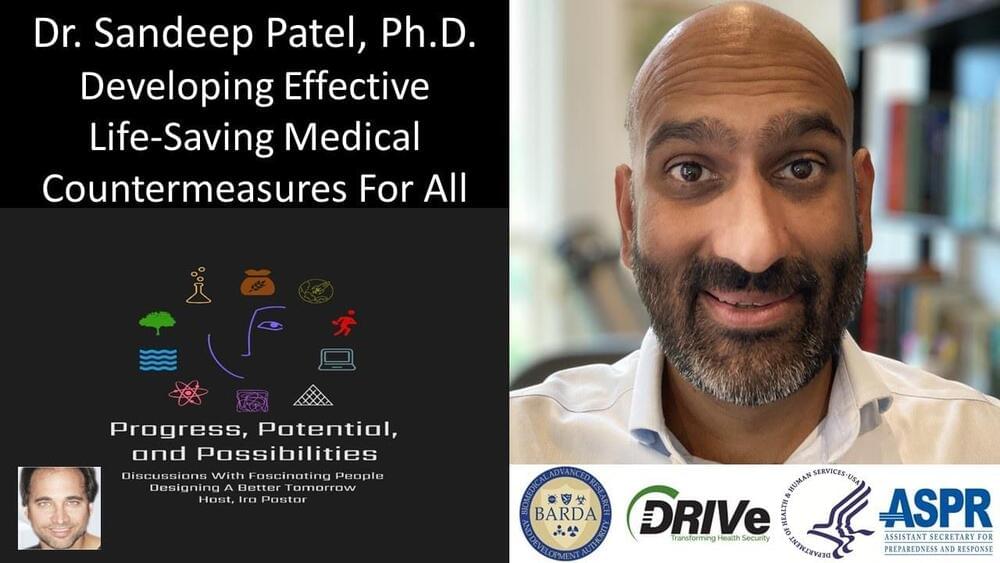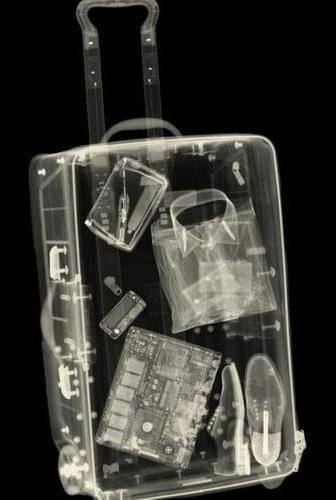
When a German security researcher, Matthias Marx, found a United States military device for sale on eBay—an instrument previously used to identify wanted individuals and known terrorists during the War in Afghanistan—Marx gambled a little and placed a low bid of $68.
He probably didn’t expect to win, since he offered less than half the seller’s asking price, $149.95. But win he did, and after that, he had an even bigger surprise coming, The New York Times reported. When the device arrived with a memory card still inside, Marx was shocked to realize he had unwittingly purchased the names, nationalities, photographs, fingerprints, and iris scans of 2,632 people whose biometric data had allegedly been scanned by US military.
The device allegedly stored not just personal identifiable information (PII) of seemingly suspicious persons, but also of US military members, people in Afghanistan who worked with the government, and ordinary people temporarily detained at military checkpoints. Most of the data came from residents of Afghanistan and Iraq.


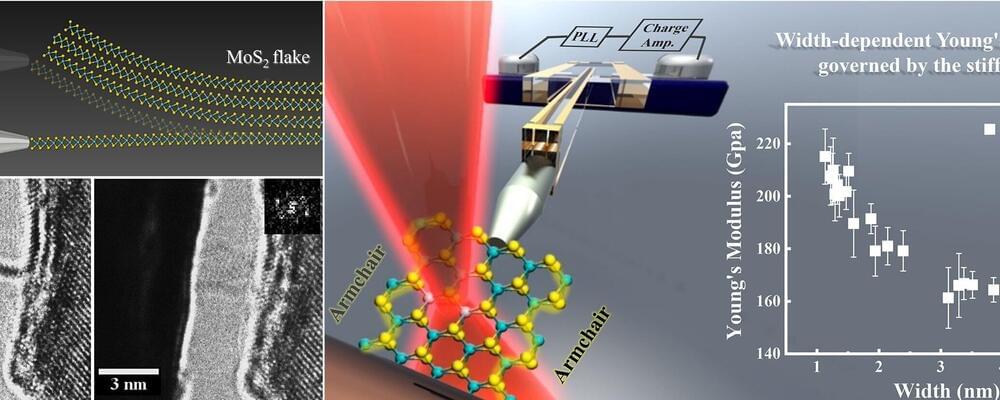
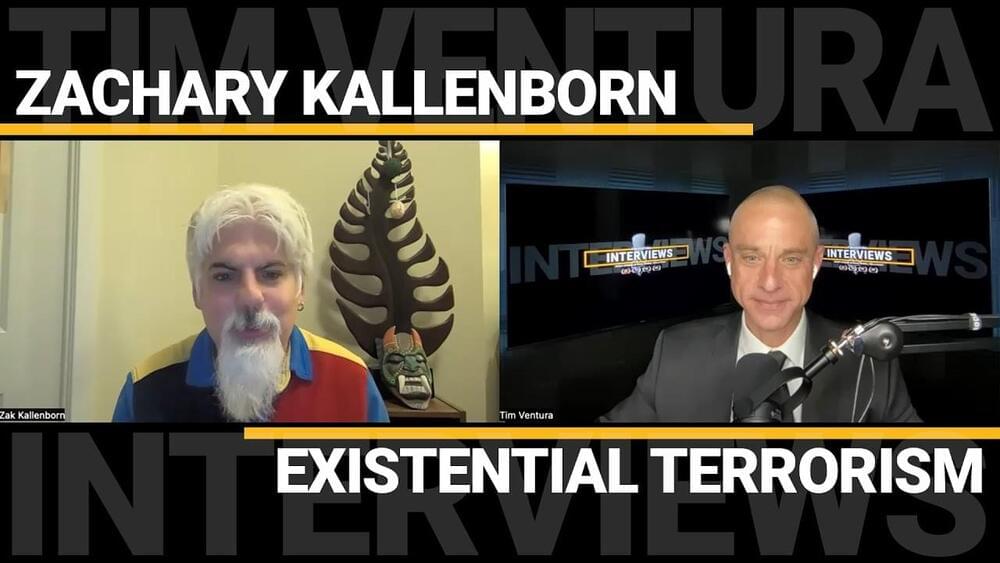
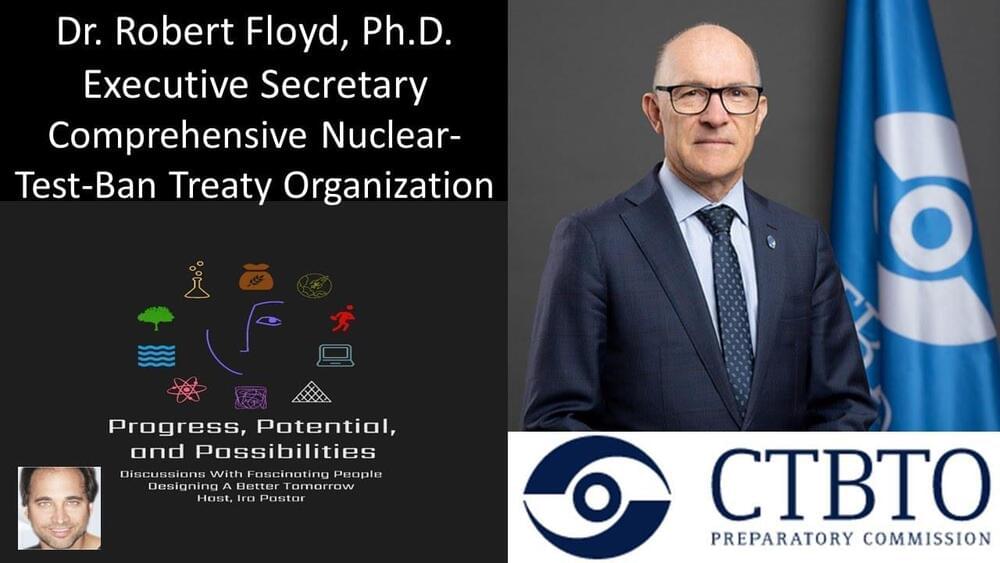

 An older article but something the world is facing just like in certain sci-fi movies.
An older article but something the world is facing just like in certain sci-fi movies.